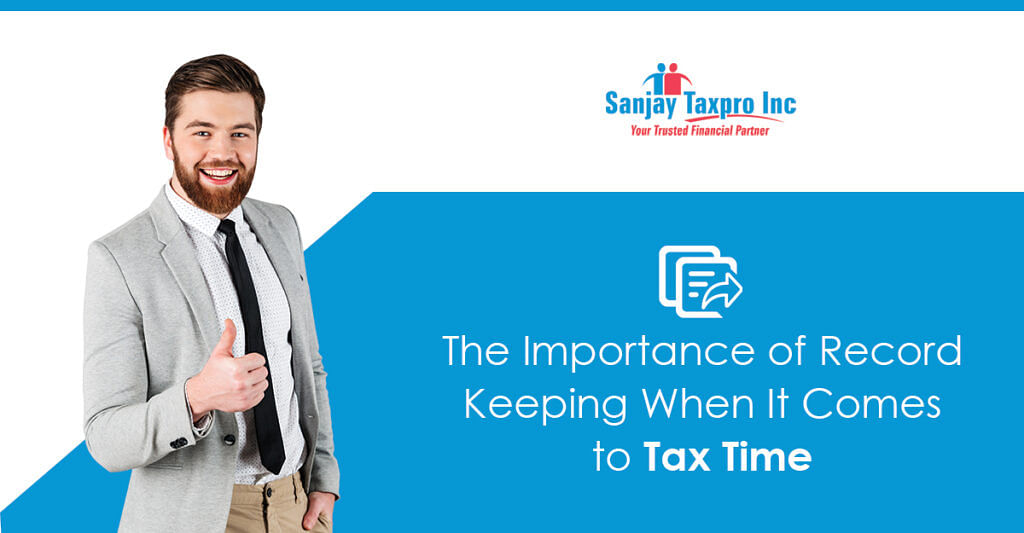Record keeping is an essential part of running a business and is especially important when it comes to tax time. With the right tools and processes in place, you can ensure that your tax preparation is accurate and hassle-free. This guide will outline the importance of record-keeping for tax purposes and provide you with actionable tips to make your tax preparation a breeze.
Why is Record Keeping Important for Tax Time?
Accurate and up-to-date record-keeping is crucial for ensuring that your business complies with tax laws and regulations. Proper record-keeping can also help you minimize your tax liability by ensuring that you take advantage of all the deductions and credits to which you are entitled. In addition, having accurate records can help to avoid costly errors and audits by the IRS.
What Records Should You Keep?
Regarding tax time, it is important to have records supporting your business income and expenses. This includes:
- Receipts for business purchases
- Invoices and sales records
- Bank statements and credit card statements
- Records of mileage driven for business purposes
- Records of business equipment and asset purchases
Best Practices for Record Keeping
To make your record-keeping process as efficient as possible, it is important to adopt the following best practices:
- Use a digital system: A digital record-keeping system, such as QuickBooks or Xero, can help you to keep track of your business finances in real-time and ensure that your records are always up-to-date.
- Stay organized: It is important to keep your records organized and easily accessible. Consider using folders or binders to store your records or create a digital filing system that is easy to navigate.
- Keep receipts and invoices: Make sure to keep them in one place so that you can quickly access them when you need them.
- Stay on top of record keeping: Regularly review and update your records to ensure that they are accurate and up-to-date.
How to Use Your Records for Tax Preparation
Once you have established a solid record-keeping system, you can easily use your records to prepare your taxes. The following steps can help you to get started:
- Review your records to make sure that they are complete and accurate.
- Identify all of your business income and expenses.
- Calculate your total business income and expenses.
- Determine your taxable income by subtracting your business expenses from your business income.
- File your taxes using the information from your records.
Conclusion
Record keeping is a critical component of tax preparation and can help you ensure that your business complies with tax laws and regulations. By adopting best practices for record-keeping, such as using a digital system and staying organized, you can make your tax preparation process as efficient and stress-free as possible. Don’t hesitate to contact a tax professional for guidance if you have any questions or concerns about your record-keeping process.

